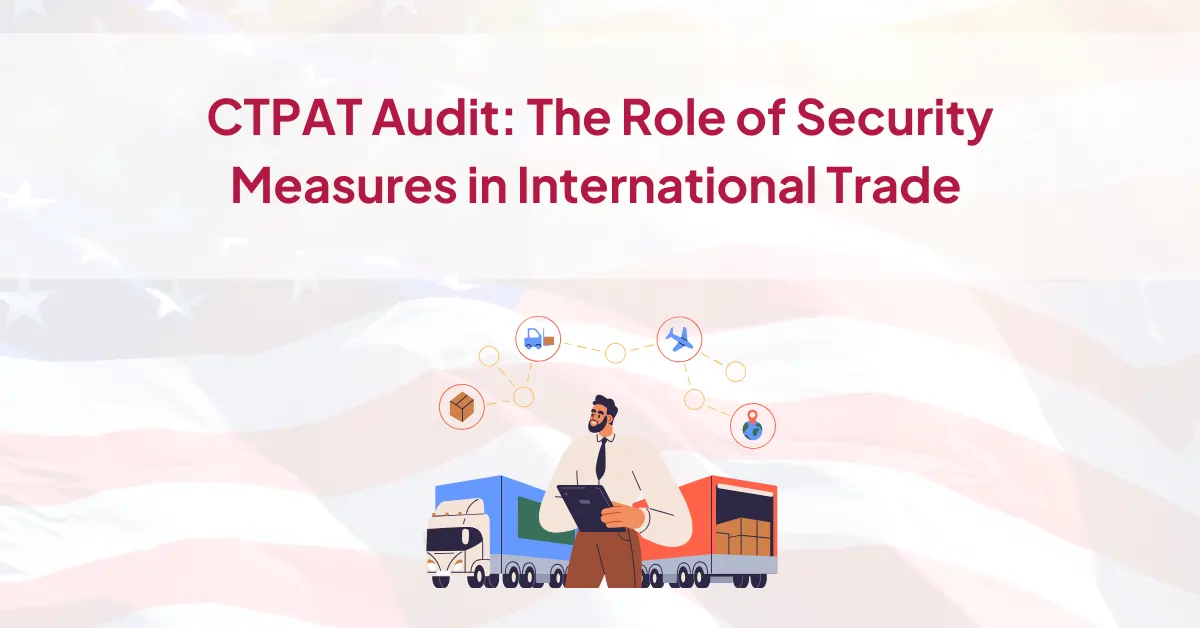
In today’s global marketplace, international trade doesn’t just rely on competitive pricing or timely deliveries—it hinges on security, trust, and compliance. One powerful tool that helps businesses achieve all three is the CTPAT audit.
CTPAT (Customs Trade Partnership Against Terrorism) is a voluntary initiative by U.S. Customs and Border Protection (CBP) designed to strengthen global supply chains security and improve U.S. border security. Participants in this program commit to implementing specific security measures throughout their operations.
🔍 What is CTPAT?
CTPAT (Customs Trade Partnership Against Terrorism) is a voluntary initiative by U.S. Customs and Border Protection (CBP) designed to strengthen global supply chains security and improve U.S. border security. Participants in this program commit to implementing specific security measures throughout their operations.
A CTPAT audit evaluates the effectiveness of these measures across the supply chain. The audit ensures your company meets the security criteria laid out by CBP, from facility access controls to employee screening and cybersecurity protocols.
🌍 Why Security Measures Matter in Global Trade
Supply chain security is no longer just a compliance checkbox—it’s a competitive advantage. For businesses operating in international markets, especially those exporting to the U.S., robust security practices:
🔐 13 Key Areas Covered in a CTPAT Audit
CTPAT audits are based on a comprehensive checklist designed in accordance with minimum security criteria for foreign manufacturers. Below listed 13 core focus areas reflect every critical aspect of secure trade operations:
🌐 Benefits of Being CTPAT-Certified
Becoming CTPAT compliant is a strategic investment with real-world payoffs:
🤝 How RSJ Inspection Supports Your CTPAT Journey
At RSJ Inspection, we specialize in independent third-party audits that help you evaluate your readiness for CTPAT compliance. We:
Our goal is to help you understand and improve your supply chain security framework with full transparency and integrity—giving you the confidence to grow your business in the U.S. market.
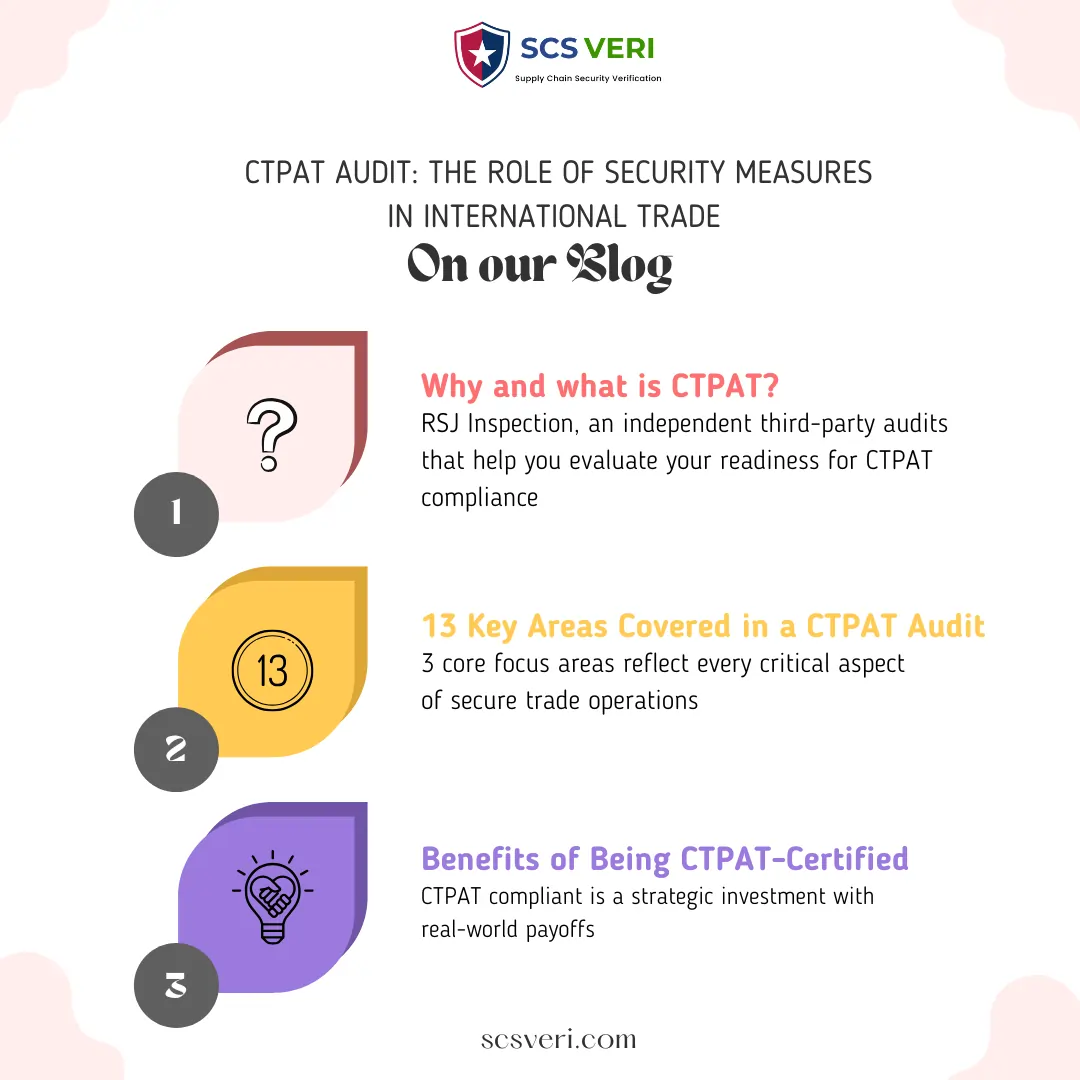
With global trade facing increasing risks, investing in CTPAT audits is a smart, forward-looking move. It’s not just about satisfying U.S. Customs—it’s about becoming a trusted trade partner, reducing risks, and standing out in a competitive marketplace.
Want to strengthen your supply chain security and demonstrate your global readiness?
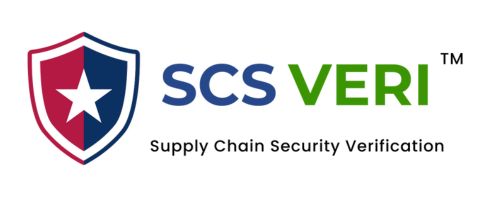

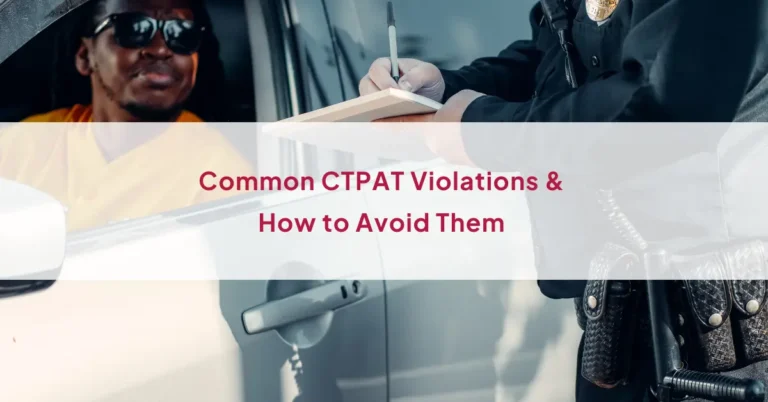
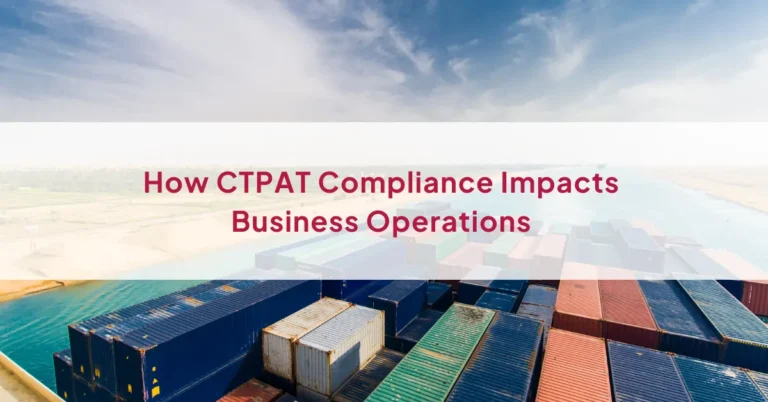
Interesting Article!